Theory of Computing
EECS researchers are advancing the techniques for analyzing time and space complexity of software systems. They extend functional language technology, closing the gap between high level specifications and highly efficient implementations. Research in this area contributes to the understanding of basic techniques for specifying mathematical structures for describing software artifacts.
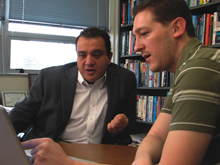
Program Objectives
- Understand mathematical concepts of formal languages.
- Understand techniques for analyzing time and space complexity of software systems.
- Understand basic techniques for specifying mathematical structures for describing software artifacts.
Associated Faculty
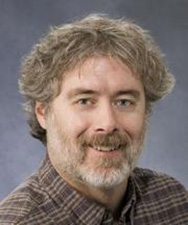
AT&T Foundation Distinguished Professor of Electrical Engineering and Computer Science
Director of the Institute for Information Sciences
palexand@ku.edu
785-864-8833
http://perry.alexander.name/
2022 Eaton Hall
Director of the Institute for Information Sciences
palexand@ku.edu
785-864-8833
http://perry.alexander.name/
2022 Eaton Hall
Primary Research Interests
- Formal Methods, Verification, and Synthesis
- Trusted Computing
- System-Level Design Languages and Semantics
- Specification Languages
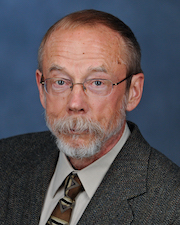
Professor Emeritus
jerzygb@ku.edu
785-864-4488
https://people.eecs.ku.edu/~jerzygb/index.html
3014 Eaton Hall
jerzygb@ku.edu
785-864-4488
https://people.eecs.ku.edu/~jerzygb/index.html
3014 Eaton Hall
Primary Research Interests
- Data mining
- Knowledge discovery
- Machine learning
- Expert systems
- Reasoning under uncertainty
- Rough set theory
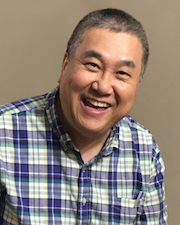
Primary Research Interests
- Design and Analysis of Algorithms
- Combinatorial Optimizations
- Graph Algorithms
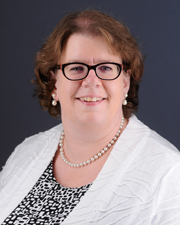
Primary Research Interests
- High Performance Scientific Computing Algorithms
- Parallel Unstructured Mesh and Optimization Algorithms
- Model Order Reduction
- Computational Medicine
- Image Processing
Associated Facilities
- Computational cluster with over 1,000 processors connected to 37 TB of on-line storage